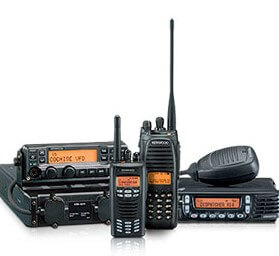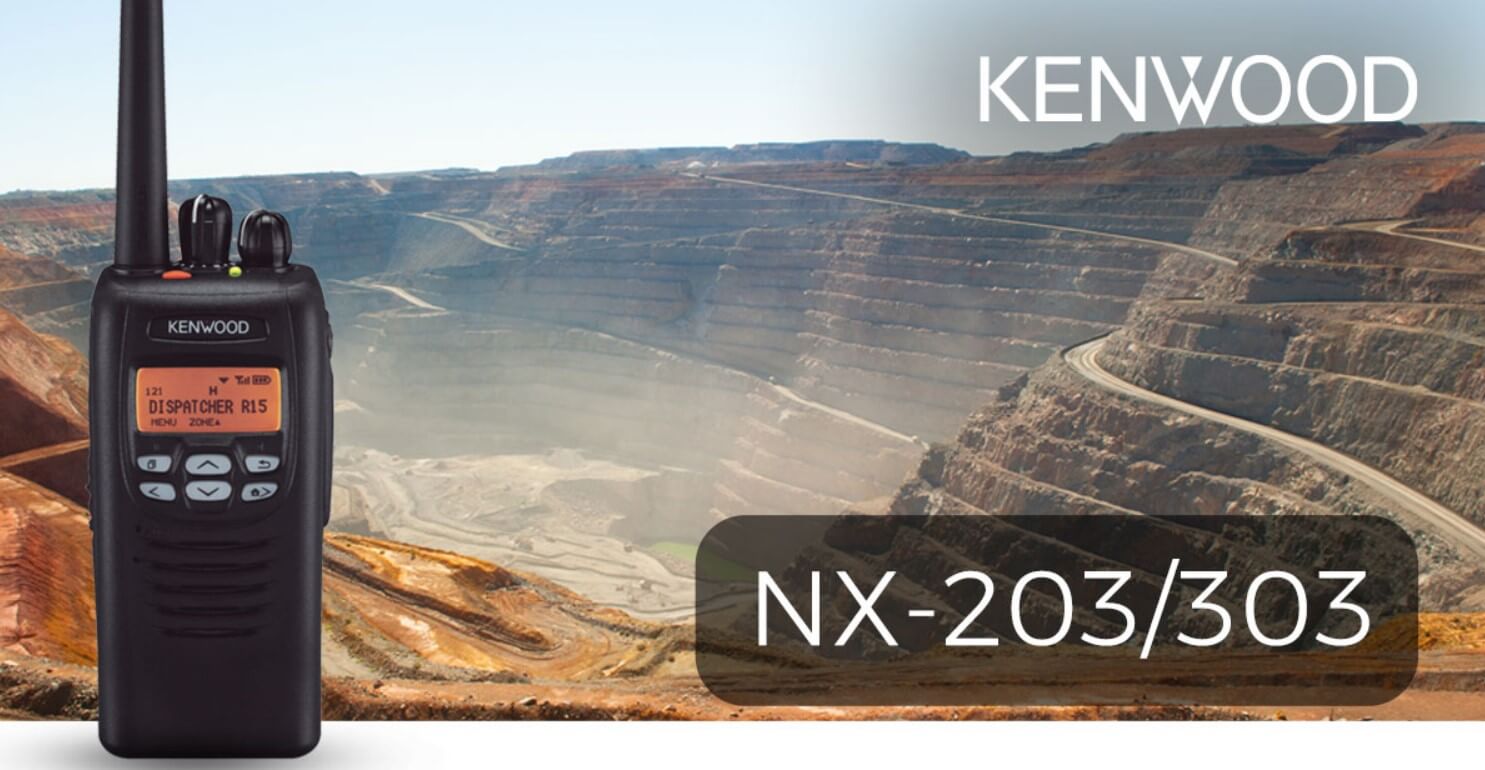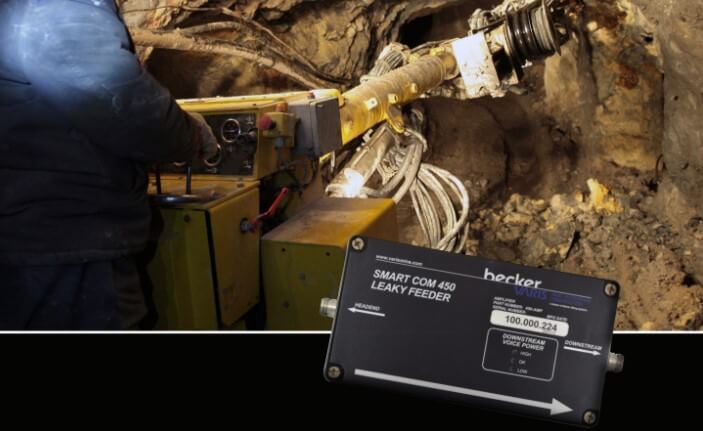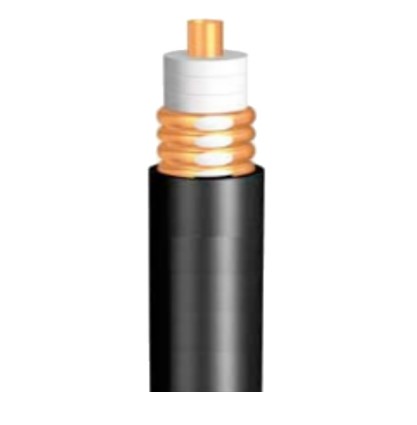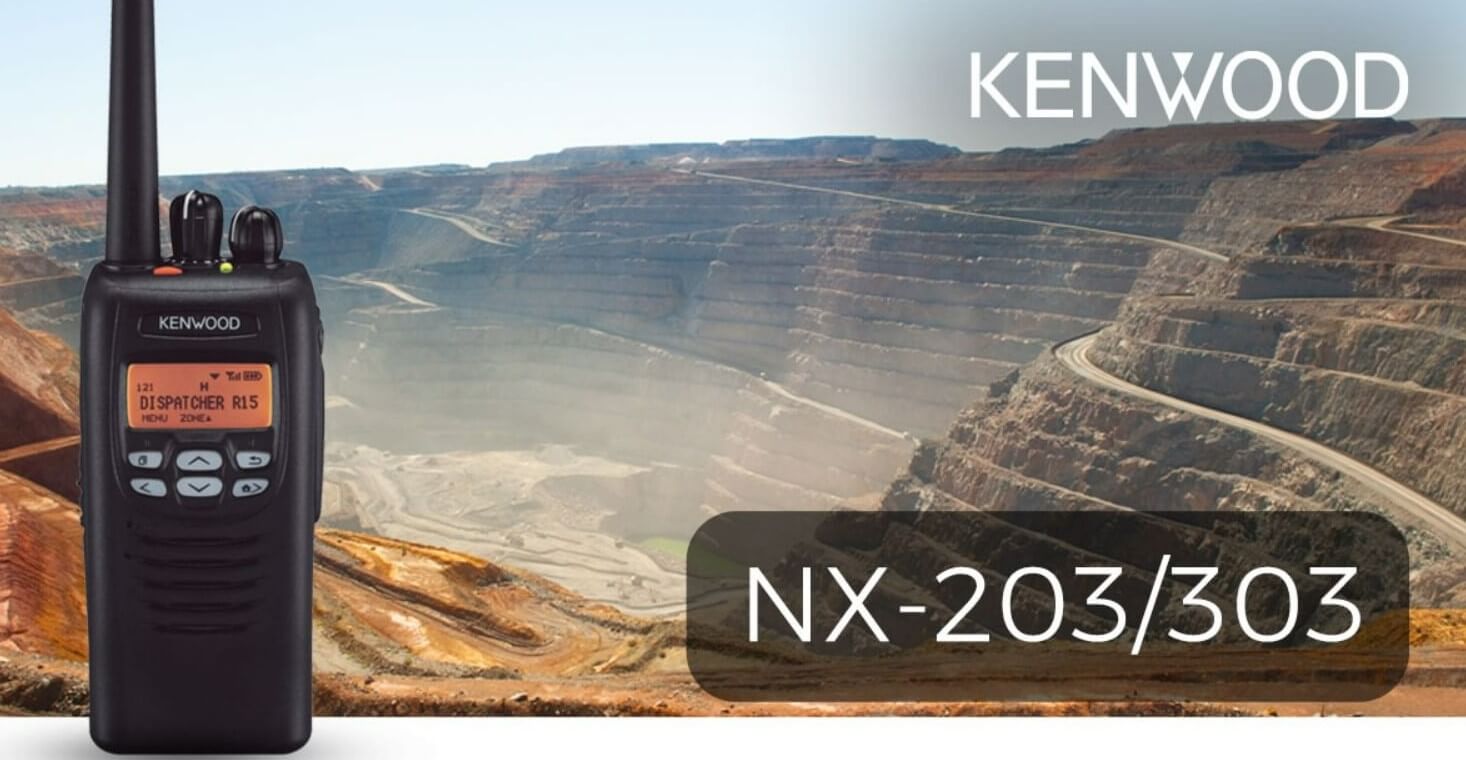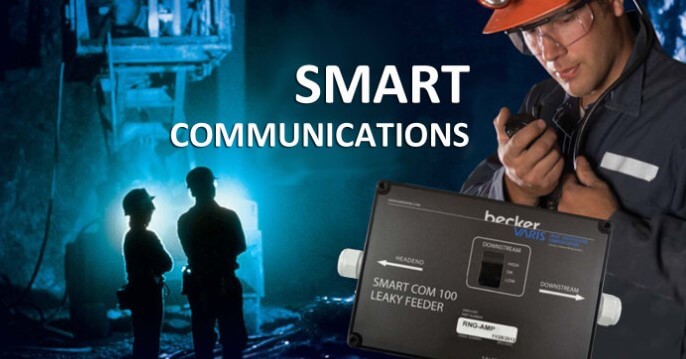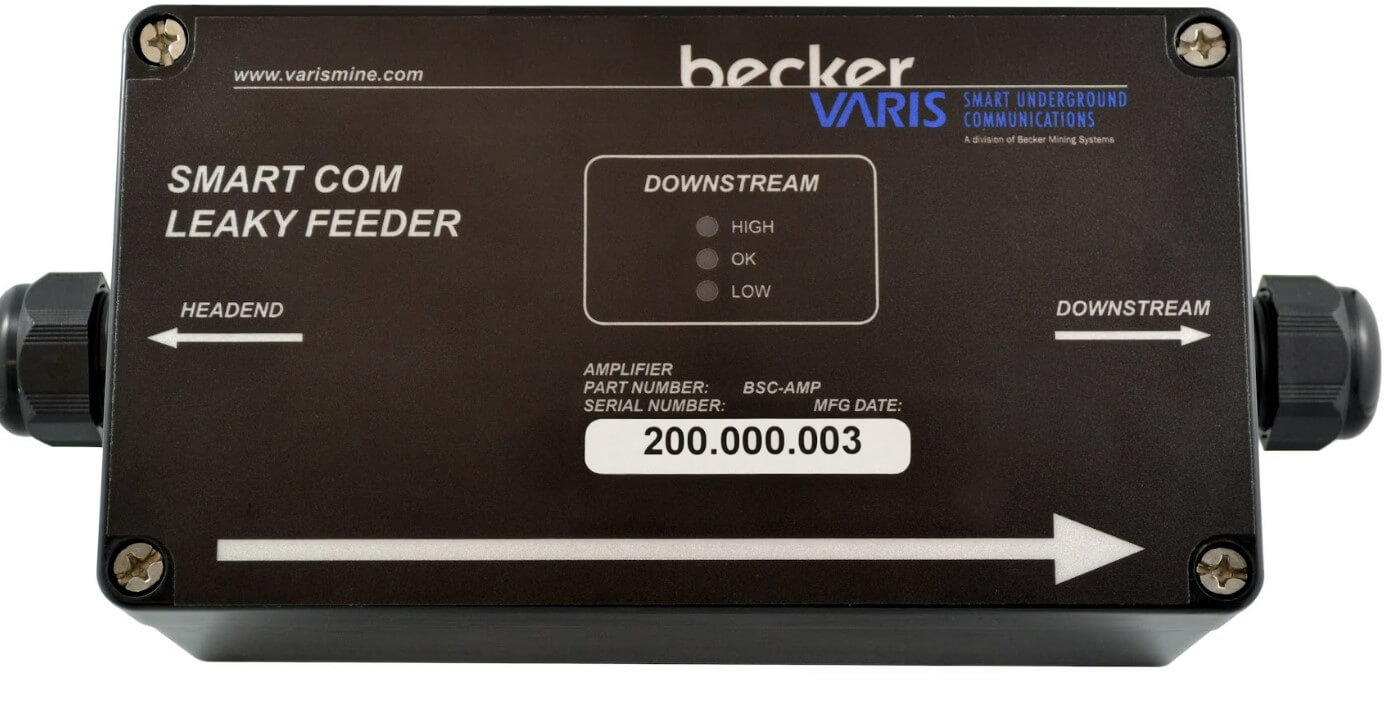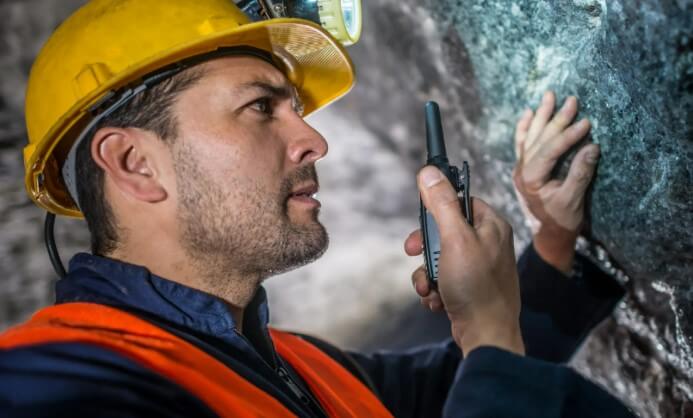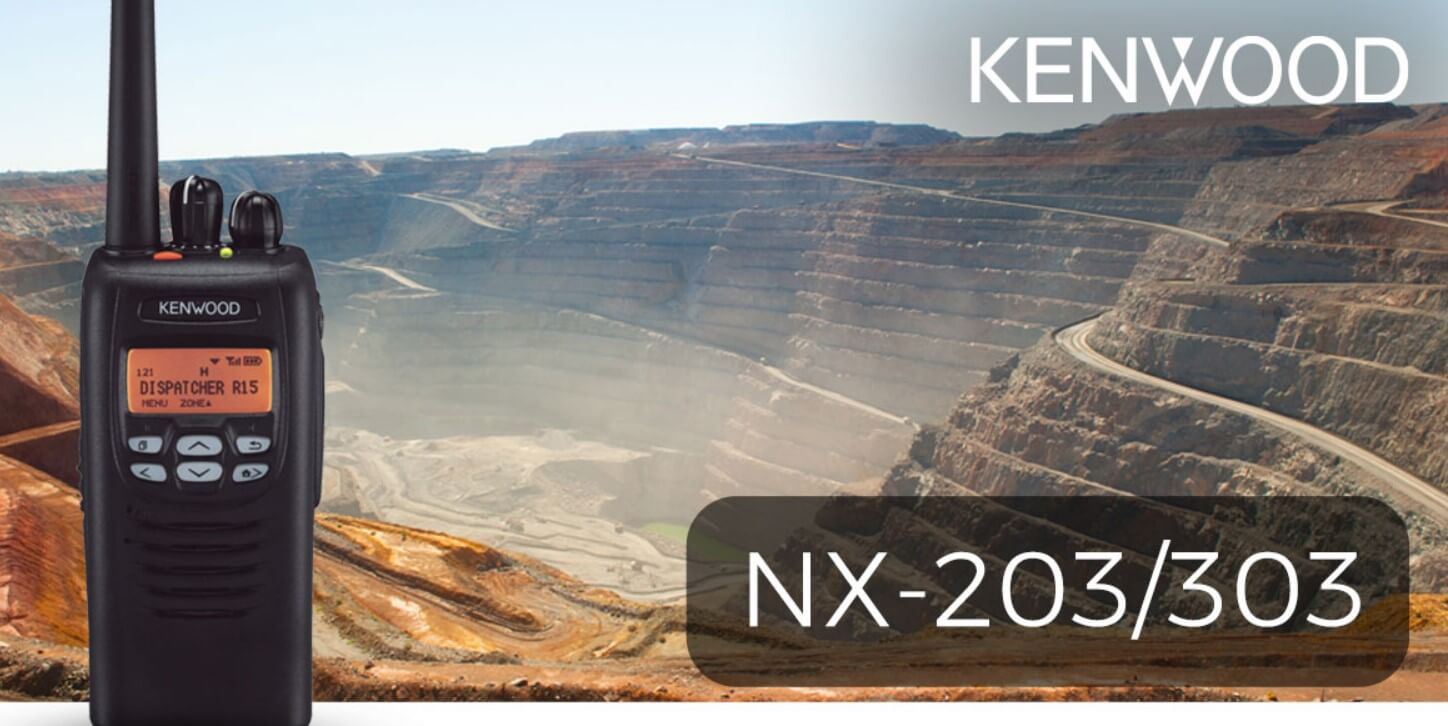Reliable communication underground isn’t just helpful—it’s critical for safety and productivity. The best two way radios for USA mining work are rugged, long-range devices designed to maintain clear contact in tunnels, open pits, and remote sites where mobile phones fail. At these job sites, dependable radios ensure that workers can report hazards, coordinate equipment, and respond quickly to emergencies. That’s why mining companies across the United States rely on trusted providers like Becker Wholesale Mine Supply, known for delivering communication systems tailored to harsh mining environments.
Best Two Way Radios With Long Range For USA Mining Work
